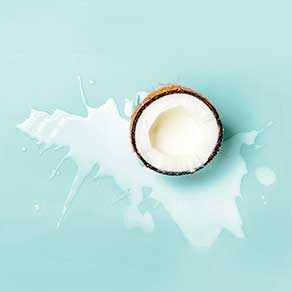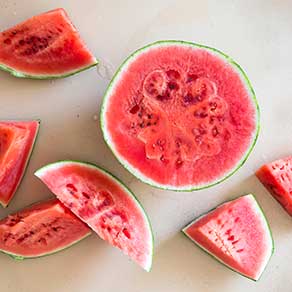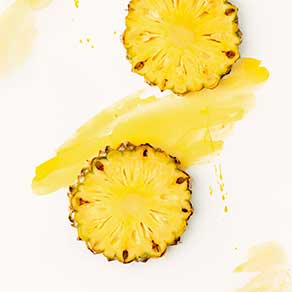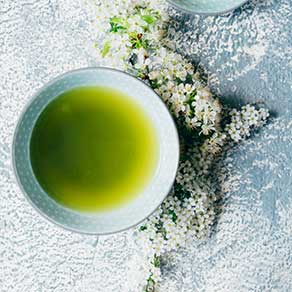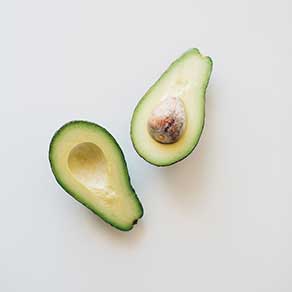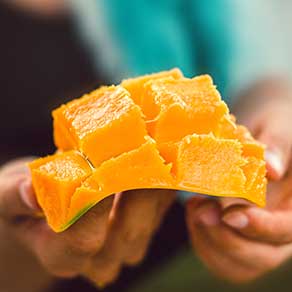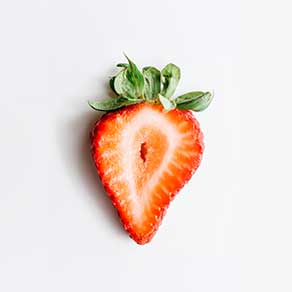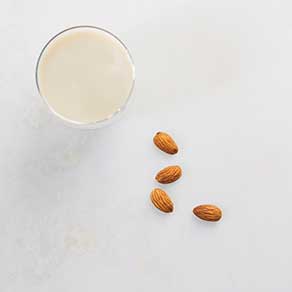You’ve heard the Vegan buzz. There are plant based “burgers” in your supermarket meat aisle and major fast food chains are beefing up their veg options. So if you’re thinking about a plant based diet, here’s just a glimpse into what that means and why you may want to try it.
There are a lot of reasons to go plant based. Overall better health and energy, avoiding chronic illness, helping the environment and maintaining a healthy weight are all by-products of following a whole food plant based diet. GREAT reasons to give it a try. But make sure you follow a WHOLE FOOD plant based diet and don’t get into the trap of thinking French Fries, vegan donuts and pastas (both plant based) are going to give you better health.
When you focus on whole foods that means basing your diet on natural foods that aren’t heavily processed. Plant based means foods that come from plants, and don’t include animal ingredients such as meat, milk and dairy products in general.
Here’s a quick rundown on the basic types of foods you can eat on a whole food, plant based diet:
Vegetables: Every kind of vegetable is encouraged with the exception of white potatoes as the mainstay of your diet. Let’s be real. If we thought we could get by on mashed potatoes or fries, we’d all do it.
Fruits: Every type of fruit is allowed.
Tubers: Root vegetables like sweet potatoes, carrots, parsnips, beets, etc. All good!
Whole grains: grains, quinoa, brown rice, millet, whole wheat, whole oats, barley, buckwheat, etc. are part of a plant based diet but in conjunction with other whole foods like vegetables and legumes or you’ll find yourself in an unbalanced, major carb-overload situation.
Legumes: Beans of any kind, plus lentils are a great source of protein.
Other Misc: Tempeh, Tofu, seeds and nuts are all allowed. Keep in mind, nuts are really high in calories, so keep nuts, nut based milks and butters as a snack or addition to meals instead of a mainstay if you have weight issues.
Another good idea, and something practiced by vegan athletes, is to supplement with a good quality protein supplement once a day, especially if you want to build muscle.
If you’re ready to look into plant based further, some great resources can be found online at ForksOverKnives.com , health.harvard.edu and NerdFitness.com

